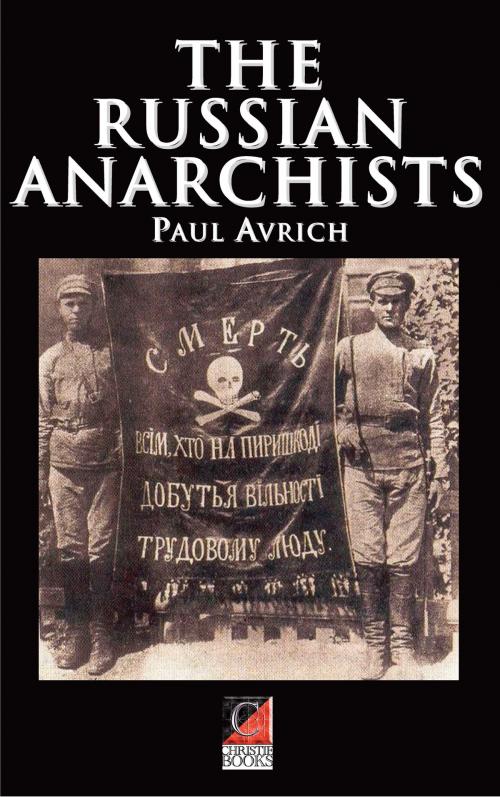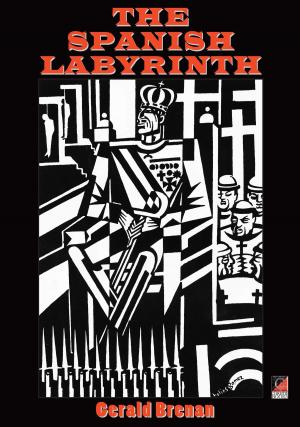| Author: | Paul Avrich | ISBN: | 1230001677645 |
| Publisher: | ChristieBooks | Publication: | May 13, 2017 |
| Imprint: | ChristieBooks | Language: | English |
| Author: | Paul Avrich |
| ISBN: | 1230001677645 |
| Publisher: | ChristieBooks |
| Publication: | May 13, 2017 |
| Imprint: | ChristieBooks |
| Language: | English |
Paul Avrich’s The Russian Anarchists records the history and ideas of Russian anarchism from the 19th century through to its brutal suppression by the Bolsheviks in the 1920s. All the major personalities are discussed in detail: Bakunin, Kropotkin, Baron, Rogdaev, Chernyi, Makhno, Volin, Shapiro, Maksimov. The well-documented study includes comprehensive end notes, a chronology and an annotated bibliography. Part I focuses on the events and personalities leading up to 1905, while part II deals with the events following on from February 1917 to the Bolsheviks’ final suppression of the Russian anarchists in the early 1920s. Analysing the role of the anarchist movement in post-revolutionary period, Avrich traces its relations with the Bolsheviks and shows that most of them foresaw that the Marxist "dictatorship of the proletariat" would replace the tyranny of the tsars with the tyranny of commissars.
Paul Avrich’s The Russian Anarchists records the history and ideas of Russian anarchism from the 19th century through to its brutal suppression by the Bolsheviks in the 1920s. All the major personalities are discussed in detail: Bakunin, Kropotkin, Baron, Rogdaev, Chernyi, Makhno, Volin, Shapiro, Maksimov. The well-documented study includes comprehensive end notes, a chronology and an annotated bibliography. Part I focuses on the events and personalities leading up to 1905, while part II deals with the events following on from February 1917 to the Bolsheviks’ final suppression of the Russian anarchists in the early 1920s. Analysing the role of the anarchist movement in post-revolutionary period, Avrich traces its relations with the Bolsheviks and shows that most of them foresaw that the Marxist "dictatorship of the proletariat" would replace the tyranny of the tsars with the tyranny of commissars.















